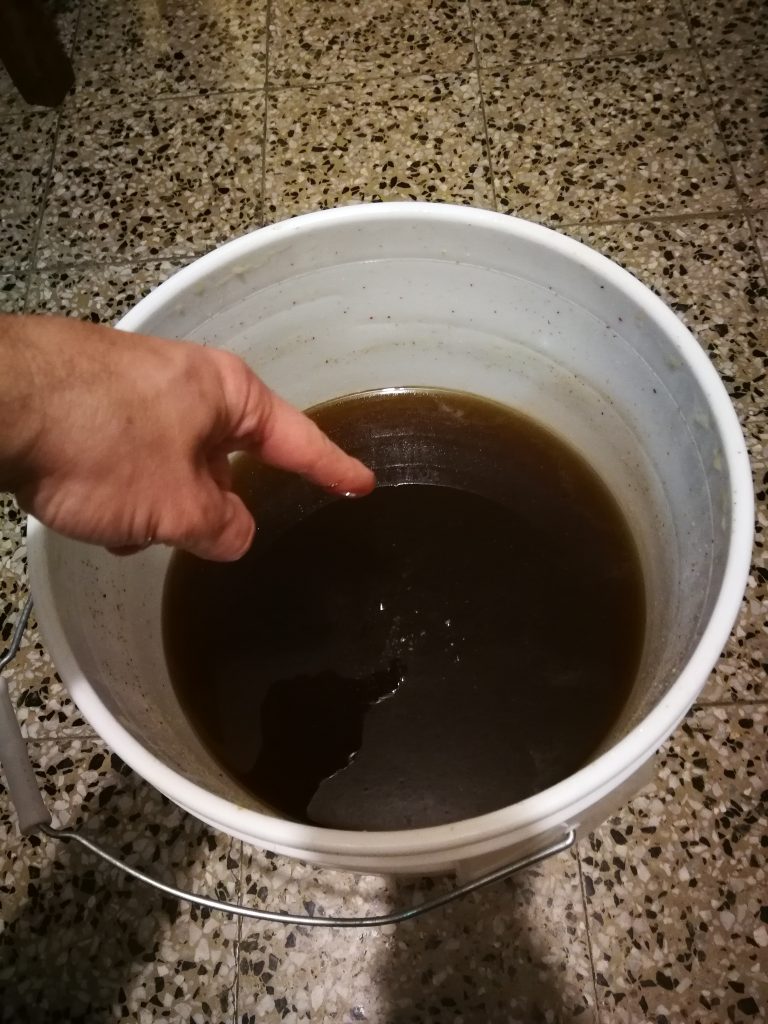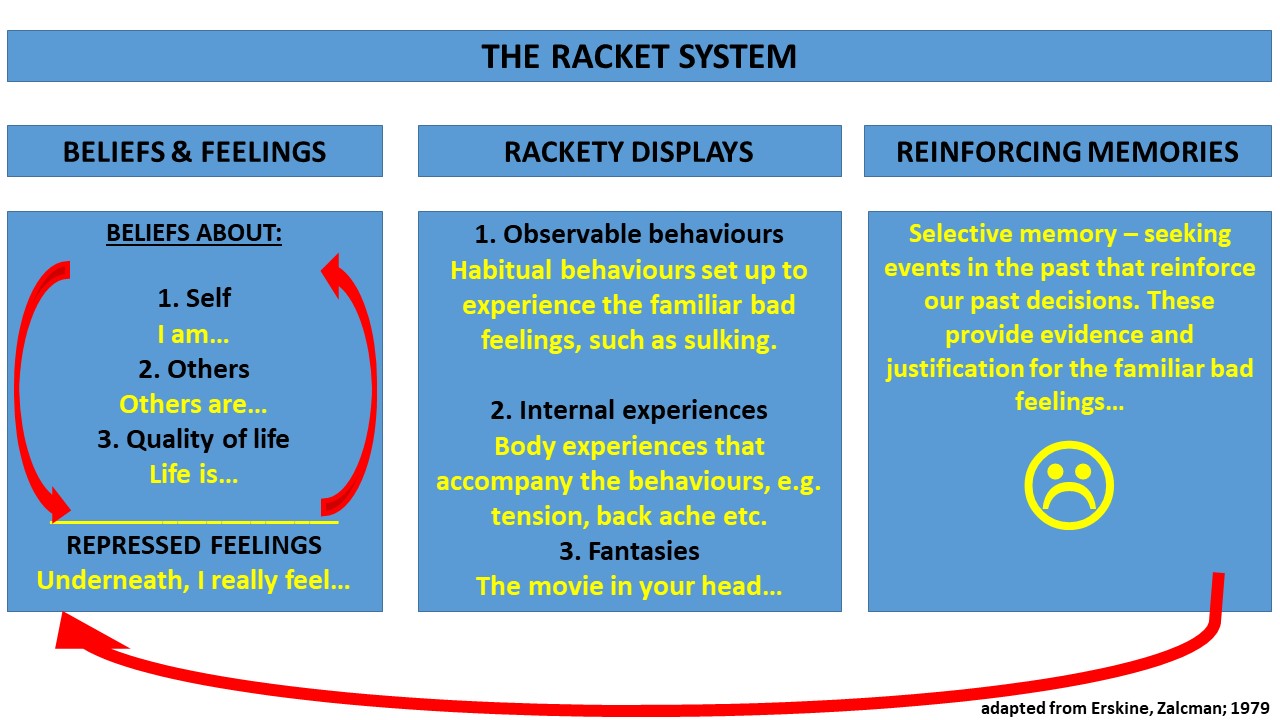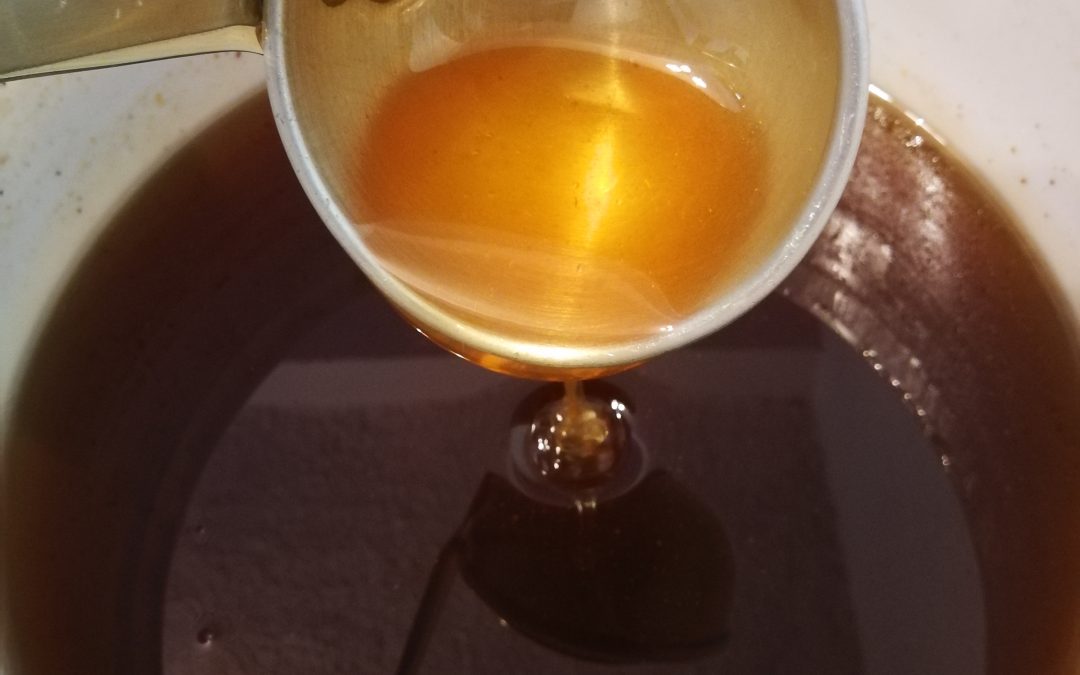Most of us probably have a friend, or know someone who has a friend, that is particularly dramatic. That friend always seems to be on a roller-coaster of emotions triggered by some fairly ordinary life events, such as doing your grocery shopping. I can actually recall an example from my late teens. Someone I knew popped out to the shop to supposedly get some freshly baked bread and then they ended up hitch-hiking through Poland only to find themselves sunbathing at the Baltic Seaside. So much for spontaneity taken to the extreme. Another striking example was my friend’s sister that always somehow got caught up in acrimonious arguments with her boyfriend. The drama continued for years, the couple got married and divorced at least three times. Then one day my friend’s grandmother scolded the sensation-seeking young woman by bluntly saying:
“Dear child, stop looking for honey up your ass!”
Polish grandmothers can be crude and direct at times, though their wisdom can penetrate to the very bone marrow. I have shared this anecdote in quite a few countries and translated it into various languages – every time it was received with a knowing laughter and a pensive nod. Somehow the expression “looking for honey up your ass” provides a humorous and yet accurate social commentary on the self-inflicted drama of life.

everyone looks for honey at times
Well, let’s think about it a bit more. Honey is sweet and tempting, but it definitely cannot be found up someone’s bum. The deeper you dig, the more likely you are to find… (I shall leave you, dear Reader, the liberty to fill in the blanks as you wish and deem appropriate). Nevertheless, this anal metaphor conveys something quintessentially frustrating about our place in the world. Part of the human condition is to grapple with uncertainty and fear, to tolerate the inherent insatisfaction of life, all of which fall into the category of existential shit. This is of course the bleak scenario. You may be very blessed with a clear sense of meaning and purpose, in which case you could consider yourself immune to the “I can’t get no satisfaction” curse of being human. Still, there may be moments when you question yourself, when you ruminate incessentantly on the pain of life, or when you simply wonder why the world is the way it is. That is, indeed, honey-seeking at its best! Beware… and be aware that this sort of mental and emotional state does not lead to any worthwhile conclusions. On the contrary, one is in danger of reconfirming some unhelpful beliefs about self, others and the quality of life. These underpin and add to some of our “favourite” and predictable, yet detrimental to our relationships, patterns of behaviour such as sulking, excessive complaining, occasional shouting, crying or perhaps self-isolation or violence to name a few. The range is broad, though the margin of autonomy is narrow when it comes to actual problem solving. Behaviours that stem from unhelpful and outdated beliefs are out of proportion and maladaptive. Subsequently, we unconsciously set up chains of events that reinforce our constricted and helpless sense of self. From that place, we sift through our past wrongdoings and the misdemeanors of others that contributed to our unjust suffering. The wheel goes, the familiar tapes get played and in the end we ask ourselves rhetorically “Why does it always happen to me?” Then you become a fully fledged honey-seeker at your best. Not constructive but definitely dramatic. By the way, now we have all the elements of what Transactional Analysis calls the Racket System, defined as:
“a self reinforcing, distorted system of feelings, thoughts and actions”
(Erskine, Zalcman, 1979, p. 53).
Rackets are defined in various ways in TA, some of which describe them as “feelings which are outside the context of the here and now” (Goulding, 1972) or “an underlying exploitative design for experiencing unpleasant feelings” (Holloway, 1973). Basically, we unconsciously set ourselves up to experience familiar bad feelings based on past unprocessed events. The diagram shows how all these elements fit together.

awareness of your Racket System promotes authentic feelings
Needless to say, The Racket System shows how our unexamined reactions and behaviours limit spontaneity and authentic responses. This merry go round becomes a self-perpetuating washing machine that feeds of our precious life energy, leaving the laundry of feelings and thoughts grey and wrinkled. The Racket System model gives us choice to address either our beliefs, behaviours (rackety displays) or the relationship with our past. Racket feelings constitute the legacy of childhood – they are defensive reactions that cover up the authentic feelings that were not permitted at home. For example, many people get angry (racket feeling) when in actual fact they are sad (authentic & repressed feeling). We express the feelings that were allowed, accepted and seen as O.K. We repress the emotions that were discouraged, ignored or penalised.

choose the sort of honey you’re looking for…
Liberation from the shackles of cultural, social and personal conditioning starts with self-awareness. We don’t have to aimlessly look for honey where there is none! Instead, we can invest our precious life energy to explore and seek the sweetness of the world. I have been very fortunate to purchase a bucket of honey coming from the wild bees roaming through the Highlands of Guatemala… Every time I dip my ladle to fill up a jar, I whisper to myself with gratitude “You found your honey… and thank God it wasn’t up your ass!”
REFERENCES
Erskine, R. & Zalcman, M. (1979) The Racket System: A Model for Racket Analysis, Transactional Analysis Journal, 9:1, 51-59
Holloway, W.H. (1973) Rackets-an up-dated view. Monograph VI, mimeographed. Medina, Ohio: Midwest Institute for Human Understanding
Goulding, R. (1972) New directions in transactional analysis: Creating an environment for redecision and change. In C.J. Sager & H.S. Kaplan (eds.) Progress in Group and Family Therapy. New York: Brunner/Mazel, 105-134.

Fantastic! You help me today❤️
My pleasure! You are my New York Mama 🙂